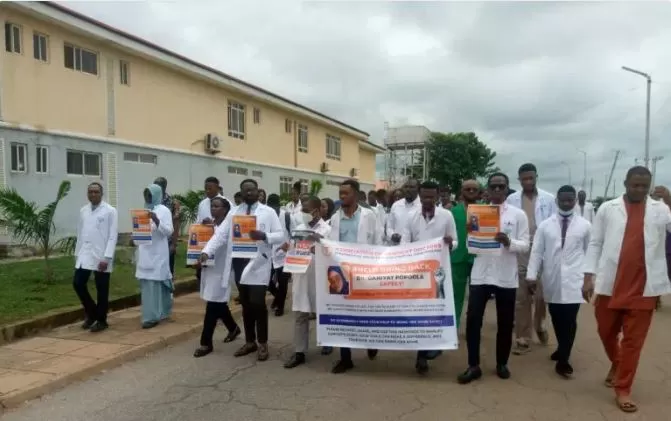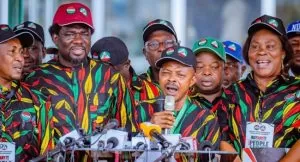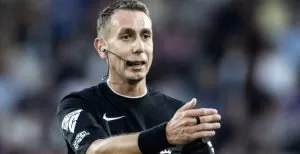FG invoke no work no pay for resident Doctors

The Federal Government of Nigeria has decided to invoke the “No Work, No Pay” policy concerning the striking resident doctors, as reported across various news outlets and social media platforms like X (formerly Twitter) around late August 2024. This decision was in response to a seven-day warning strike initiated by the Nigerian Association of Resident Doctors (NARD) over the kidnapping of one of their members, Dr. Ganiyat Popoola, which occurred in December 2023. Here’s a summary of the situation based on the information available up to August 31, 2024:
- Reason for Strike: The strike was called to pressure the government into taking more decisive action for the safe release of Dr. Popoola, highlighting security concerns among other issues.
- Government’s Response: The Federal Ministry of Health and Social Welfare, expressing disappointment over the strike, announced that the “No Work, No Pay” policy would be enforced. This policy means that the doctors participating in the strike would not be paid for the days they did not work, in accordance with labor laws.
- Public Sentiment and Media Coverage: Various posts on X and news articles reflected a mix of public sentiment, with some supporting the doctors’ demands for better security and working conditions, while others criticized the timing and method of the strike, especially given the ongoing negotiations and efforts to resolve the kidnapping incident.
- Government’s Efforts: The government, through statements, has claimed continuous efforts in collaboration with security agencies to secure Dr. Popoola’s release, indicating that negotiations were ongoing even during the strike.
- Call for Dialogue: Despite invoking the “No Work, No Pay” rule, there was also an appeal from the government for the doctors to return to the negotiation table to find lasting solutions to the broader challenges in the healthcare sector.
This scenario underscores the ongoing tensions between healthcare workers’ demands for better conditions and security versus the government’s stance on maintaining service delivery and fiscal responsibility. The invocation of the “No Work, No Pay” policy reflects a hardline approach to industrial actions, aiming to discourage prolonged strikes by tying compensation directly to service delivery. However, it also highlights the complex interplay between labor rights, public welfare, and government policy in Nigeria’s healthcare sector.






